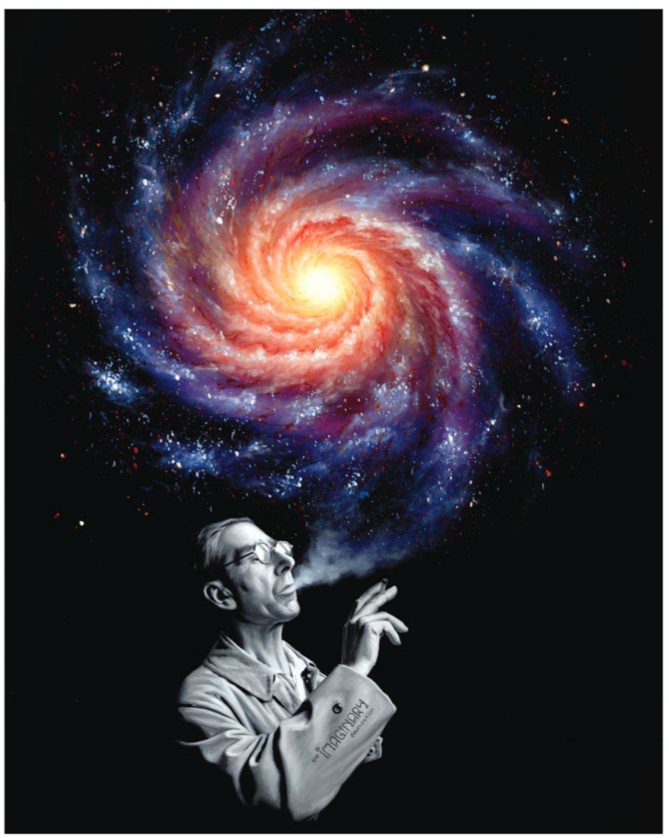Brave New Traveler contributor Jason Silva recently published a compelling new interview with techno-ecologic scholar Richard Doyle. They discuss, among other things, the role of psychedelics in transforming human consciousness, and the emerging “noösphere” – the entire sphere of human thought that is rapidly encompassing the globe.
A brief teaser:
